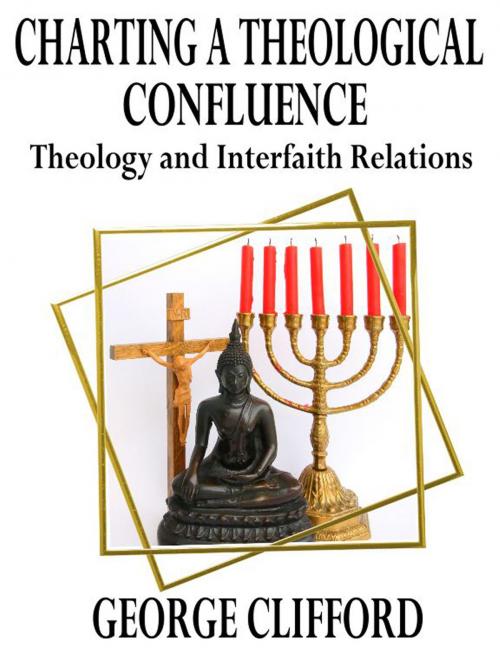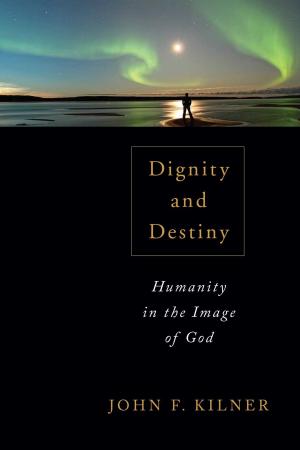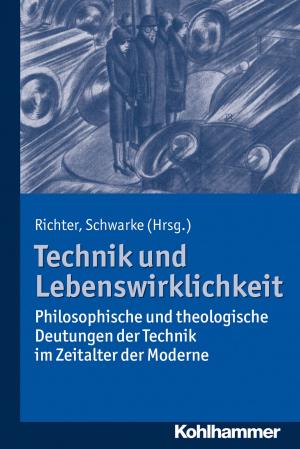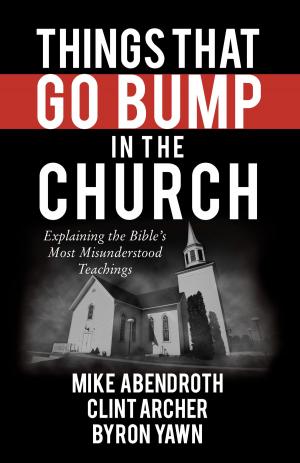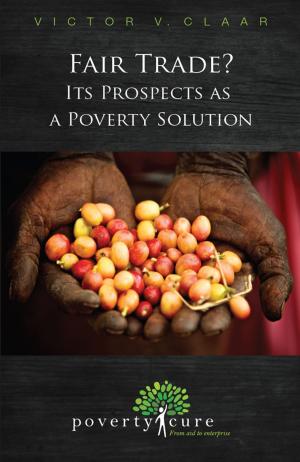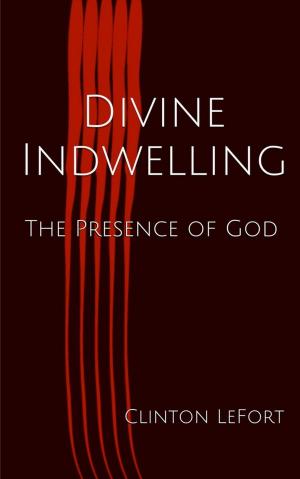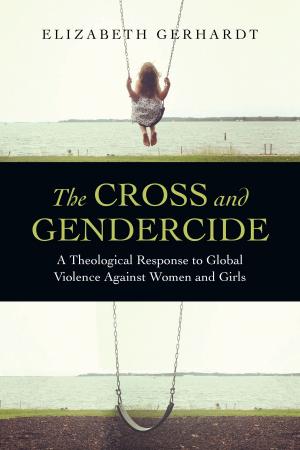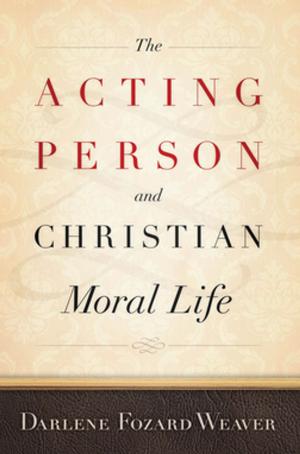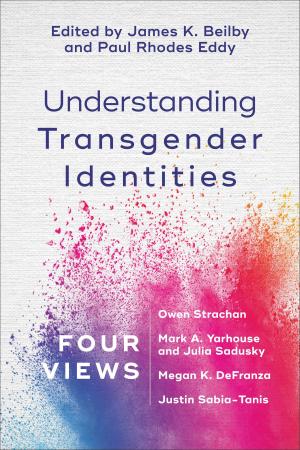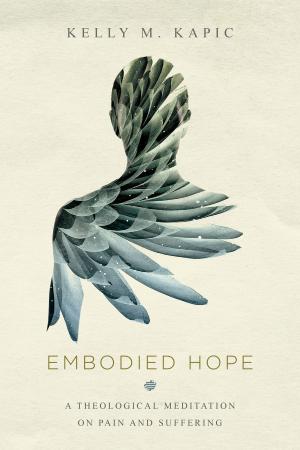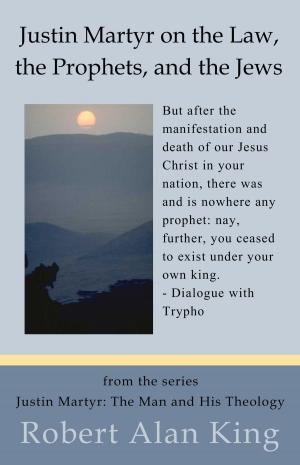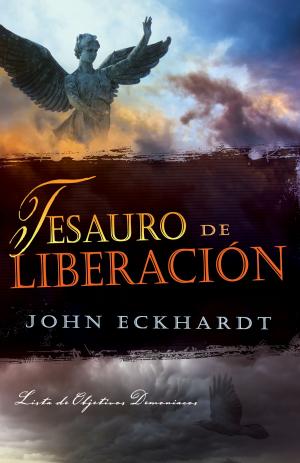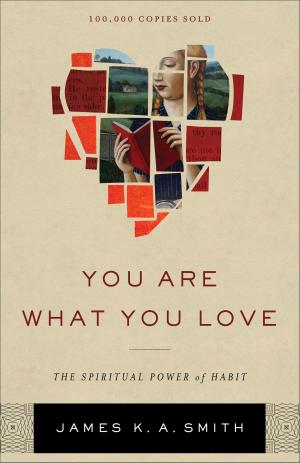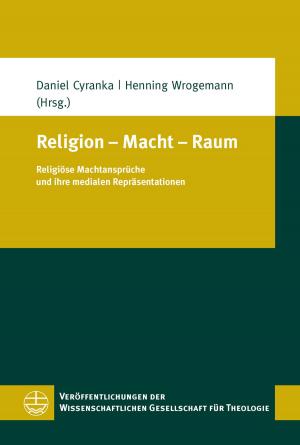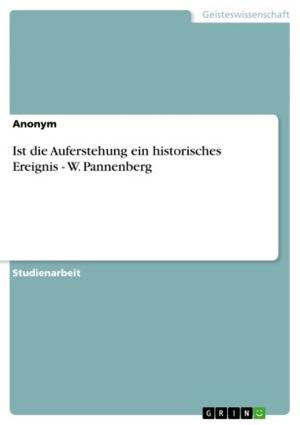Charting a Theological Confluence: Theology and Interfaith Relations
Nonfiction, Religion & Spirituality, Reference, Comparative Religion, Theology| Author: | George Clifford | ISBN: | 9781301254309 |
| Publisher: | George Clifford | Publication: | January 23, 2013 |
| Imprint: | Smashwords Edition | Language: | English |
| Author: | George Clifford |
| ISBN: | 9781301254309 |
| Publisher: | George Clifford |
| Publication: | January 23, 2013 |
| Imprint: | Smashwords Edition |
| Language: | English |
Globalization is flattening not only economic and political structures, but also making people more aware than ever of other religions. In particular, growing interfaith awareness challenges Christian claims of exclusivity and superiority. Christians increasingly find traditional theological teachings that the God who created and loves the world arbitrarily condemns all non-Christians to eternal death difficult if not impossible to accept.
Charting a Theological Confluence responds to that difficulty by presenting four models comprehensively charting the spectrum of how Christianity can view other religions. The analysis of the four models illustrates their commonalities and differences by focusing the discussion of each model on a single theologian, i.e., Barth, Tillich, Kung, and Hick.
The first (the Christ Alone Model) and the second (the Christ Essential Model) models argue for Christian exclusivity. The third, the Christ Universal Model, claims that Christianity is superior to all other religions, reinterpreting Christian exclusivity to perceive Christ anonymously at work in other religions, reconciling the world to God.
Only the fourth model, the Theocentric Model, genuinely respects other religions and permits real interfaith dialogue by positioning Christianity as one among many paths to God, each path with its own weaknesses and strengths. Constructed using insights drawn from solid biblical scholarship, process thought, and liberation theology, the Theocentric Model preserves Christian uniqueness, fidelity to the Christian tradition, and honors the diversity of religious experience and belief while rejecting Christian claims of exclusivity and superiority.
Globalization is flattening not only economic and political structures, but also making people more aware than ever of other religions. In particular, growing interfaith awareness challenges Christian claims of exclusivity and superiority. Christians increasingly find traditional theological teachings that the God who created and loves the world arbitrarily condemns all non-Christians to eternal death difficult if not impossible to accept.
Charting a Theological Confluence responds to that difficulty by presenting four models comprehensively charting the spectrum of how Christianity can view other religions. The analysis of the four models illustrates their commonalities and differences by focusing the discussion of each model on a single theologian, i.e., Barth, Tillich, Kung, and Hick.
The first (the Christ Alone Model) and the second (the Christ Essential Model) models argue for Christian exclusivity. The third, the Christ Universal Model, claims that Christianity is superior to all other religions, reinterpreting Christian exclusivity to perceive Christ anonymously at work in other religions, reconciling the world to God.
Only the fourth model, the Theocentric Model, genuinely respects other religions and permits real interfaith dialogue by positioning Christianity as one among many paths to God, each path with its own weaknesses and strengths. Constructed using insights drawn from solid biblical scholarship, process thought, and liberation theology, the Theocentric Model preserves Christian uniqueness, fidelity to the Christian tradition, and honors the diversity of religious experience and belief while rejecting Christian claims of exclusivity and superiority.
